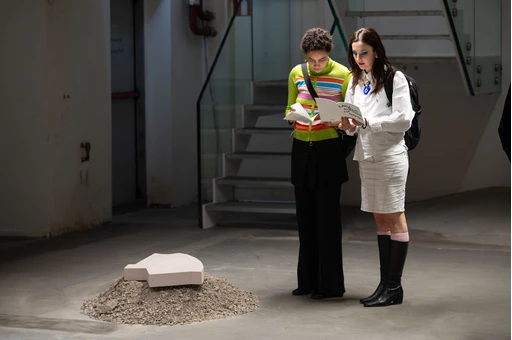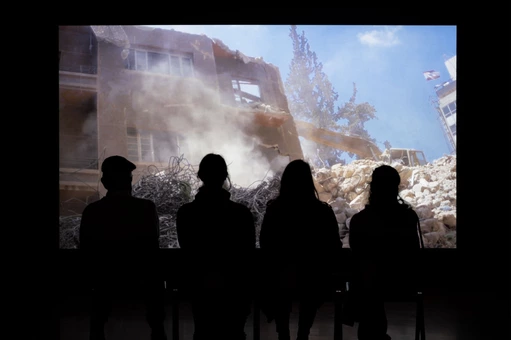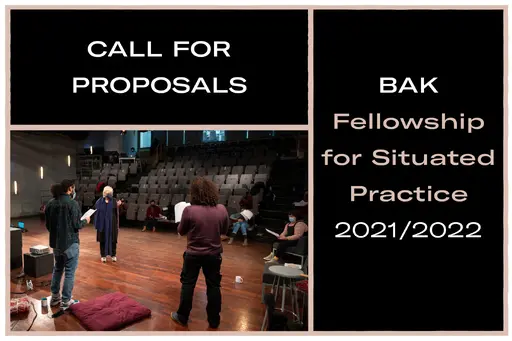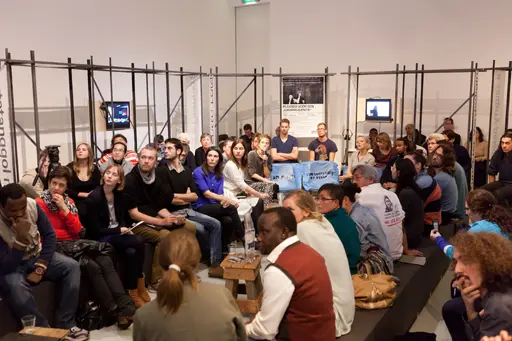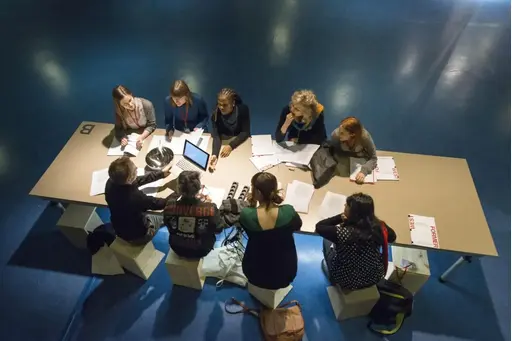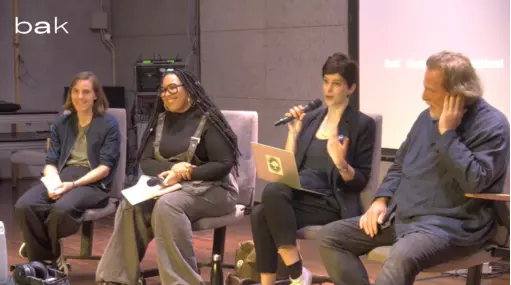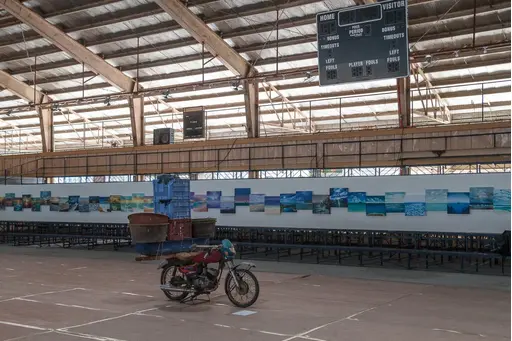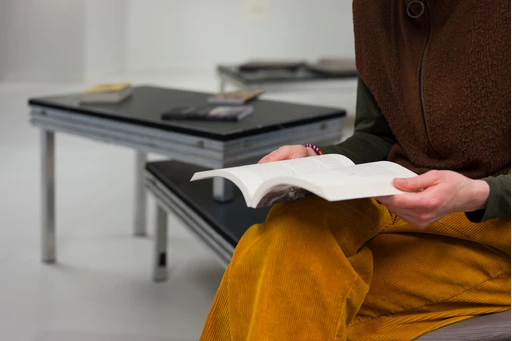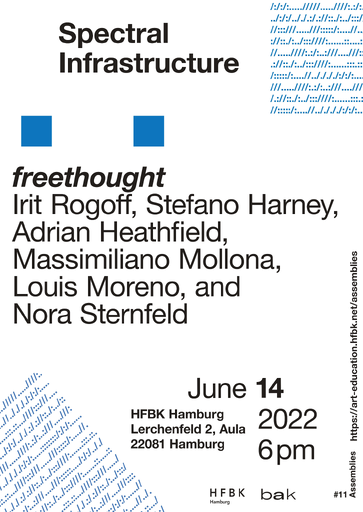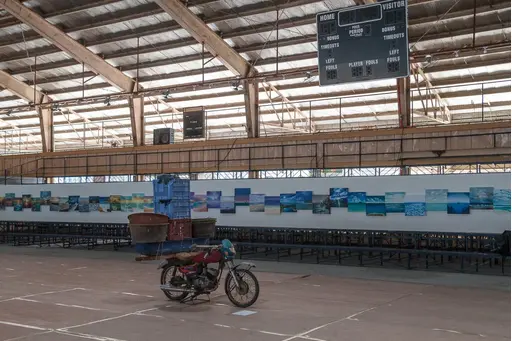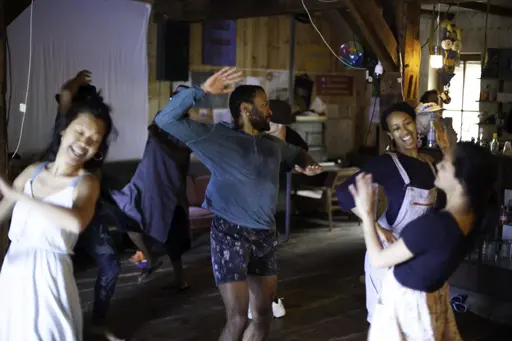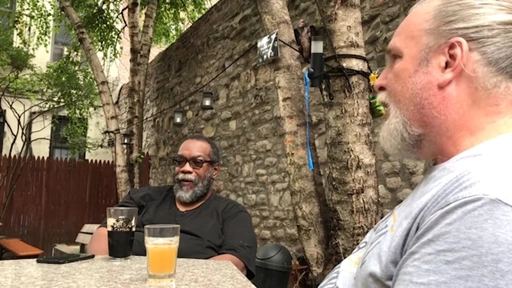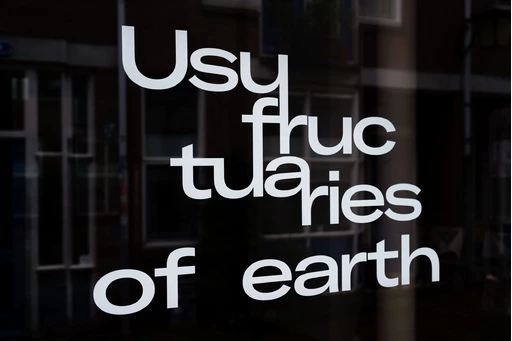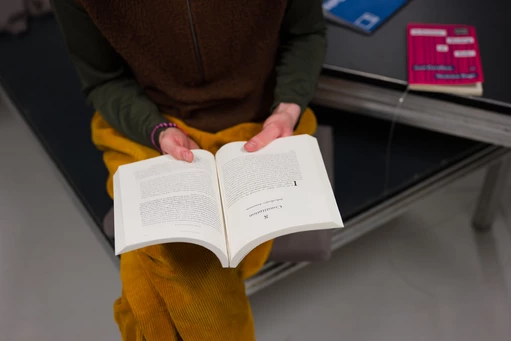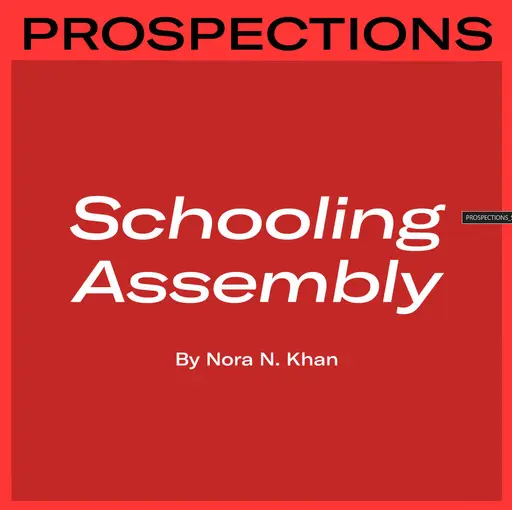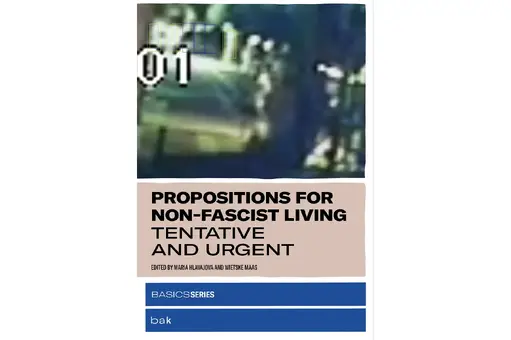Stefano Harney
author
Stefano Harney is author with Fred Moten of The Undercommons: Fugitive Planning and Black Study (2013) and All Incomplete (2020), both published by Minor Compositions/Autonomedia.
He is currently professor of transversal aesthetics at the Academy of Media Arts Cologne, Cologne. He has taught widely in Southeast Asia, North America, and Europe. He works in a number of collectives including freethought (who conducted a series of study sessions at part of the 2021/2022 BAK Fellowship for Situated Practice), Le Mardi Gras Listening Collective, School for Study, Ground Provisions, and Anti-Colonial Machine.
related
